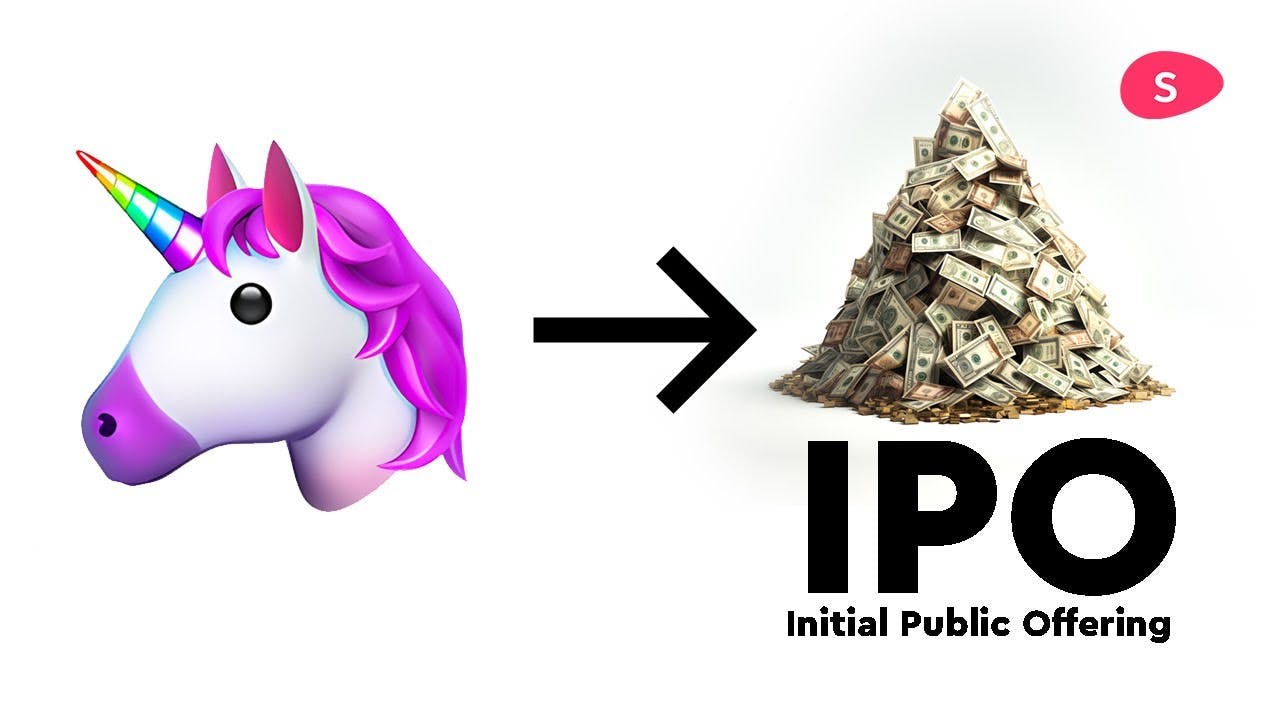What ACTUALLY happens during an IPO? - Startups 101
()

IPOs & SPACs - Intro (00:00:00)
- An initial public offering (IPO) is a complex, costly, and risky process to take a company public.
- WeWork faced near-collapse due to its attempted IPO.
- SPACs are an alternative method to go public which could be contributing to new stock market bubbles.
IPOs & SPACs - The basics (00:01:11)
- Going public allows companies to offer stock to the general public, requiring increased transparency and limiting insiders' stock transactions.
- Companies go public either to facilitate shareholder exits or to raise capital for expansion.
- Most companies don’t go public and are instead typically acquired by larger companies, but big and highly valuable companies may choose an IPO to allow investors to exit or to raise funds.
IPOs & SPACs - The requirements (00:04:37) merged with What an underwriter does (00:06:44)
- A company must be in a strong financial position to go public.
- An underwriter, partnered with the company, guarantees the sale of a certain amount of stock and receives a fee for their services.
- Underwriters take on the risk of purchasing unsold shares, a situation they try to avoid by actively promoting the IPO.
IPOs & SPACs - The S1-form (00:07:52) merged with Filing for review (00:09:33) and How much and how many (00:10:16)
- Part of the IPO process includes submitting an S-1 form to the SEC to indicate the intention to go public.
- The S-1 form contains detailed company information, including business, financials, management, and share details.
- The Red Herring document is similar but lacks specific share price and offering details.
- All necessary documents are reviewed by the SEC, followed by a quiet period with restricted information disclosure.
- The number and price of publicly offered shares are decided based on market conditions and investor demand, with companies aiming to avoid overpricing or underpricing shares.
IPOs & SPACs - Fun facts about underwriters (00:05:52)
- The term "underwriter" originated from individuals who would back the value of ships for a profit.
- Underwriters have historically been essential in covering risks, such as the example of Stratton Oakmond's role in the Steve Madden IPO, where illegal activities led to imprisonment.
IPOs & SPACs - What an underwriter does (00:06:44) merged with The S1-form (00:07:52)
- Underwriting involves providing a guarantee to sell a certain quantity of stock during the IPO and organizing a roadshow to attract buyers.
- The underwriter's role is crucial in avoiding an IPO failure and finding the right stock price to benefit all parties involved.
IPOs & SPACs - Stabilization (00:11:25)
- Underwriters engage in stabilization to keep the market price of IPO shares steady.
- They use the Greenshoe option to sell more shares and buy back excess shares at the IPO price for a profit or to avoid loss.
- There is also a Lock-up period which restricts pre-IPO shareholders from selling their shares for 90 to 180 days to prevent market flooding.
- These practices are legal as set by SEC regulations and underwriters control ends once the stabilization period passes.
IPOs & SPACs - Direct listings (00:13:21)
- Direct listings offer a way for company owners to exit and liquidate shares without needing to raise capital.
- It involves listing shares directly onto a public exchange without underwriters, increasing risks due to price solely being based on supply and demand.
- Costs for the company to go public, including compliance and advisory fees, can add approximately $2.5 million annually.
IPOs & SPACs - What are SPACs? (00:15:42)
- SPACs provide an alternative to traditional IPOs by skipping the complex process.
- They are empty shell companies used to raise funds and acquire real, operational companies.
- SPACs avoid detailed regulatory filings and underwriter involvement, making going public easier.
- Investors buy shares at a standard price, generally around $10, without knowing which company will be acquired, placing trust in the SPAC's sponsor.
- Sponsors and initial investors get a heavy discount on shares, diluting other investors' money by 20%.
- A SPAC must complete an acquisition within two years, or investors get their money back, creating pressure to make a deal.
IPOs & SPACs - Companies that have gone public via SPAC (00:18:40)
- Several companies have gone public through SPACs with varying success.
- Nikola experienced a price spike after acquisition but later saw a significant decline.
- QuantumScape, involved in battery technology, saw a peak in value followed by a decrease.
- DraftKings, a digital sports company, has shown growth since going public.
- Virgin Galactic's value increased in 2020 but subsequently fell.
- The success of SPACs varies and is dependent on individual cases.